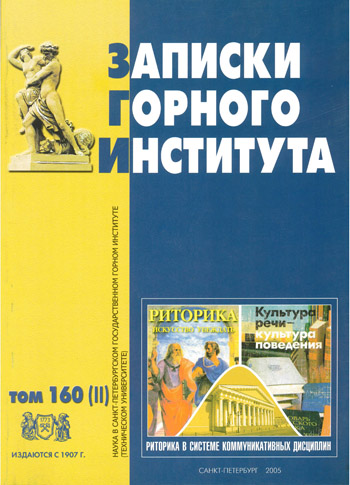Judicial rhetoric as a component of professional education of lawyers: to the question of objectives and teaching methods
- Siberian Academy of Public Administration
Abstract
The article is devoted to the problems of teaching judicial rhetoric in higher education. Analyzing the data of the questionnaire survey conducted among students, the author concludes that it is necessary to strengthen the humanitarian training of future lawyers. In this context, the techniques of evidence accumulated by general rhetoric, the possession of which serves as a necessary basis for judicial speech, are conceptualized. In particular, attention is drawn to the high teaching potential of such classical forms of reasoning as chria and topos. As a basic component of judicial rhetoric, the author of the article considers modern theories of argumentation based both on the structure of logical proof and on the system of values accepted in society (or in a group). The study of the associated "rhetorical emotions" seems to be an important task of modern rhetoric, and their skillful use in the process of communication is evidence of the speaker's undoubted professionalism.
